Overeating, nutritional imbalance, skipping meals, and storing too much food are common habits that should be limited during Tet.
Master, Doctor Nguyen Anh Duy Tung, Nutrihome Nutrition Clinic System, said that unscientific eating during Tet leads to overload, digestive disorders, weight gain, and worsening of chronic underlying diseases. Parties and irregular hours make many people not eat regularly.
Imbalance in meals : Eating too much of one substance but lacking another is a common situation during Tet. Banh chung, braised pork with eggs, cold cuts, greasy dishes, and sweets are often present in Tet meals, but lacking fruits and vegetables causes nutritional imbalance. The body accumulates a lot of starch, protein, and fat even in a short period of time.
Overeating : Overeating can lead to indigestion, bloating, and acid reflux. Many foods during Tet are high in protein, fat, and starch, and have high calorie content. Meanwhile, working and exercising less often results in less energy consumption. Overeating can also lead to a sudden increase in blood sugar and fat levels.
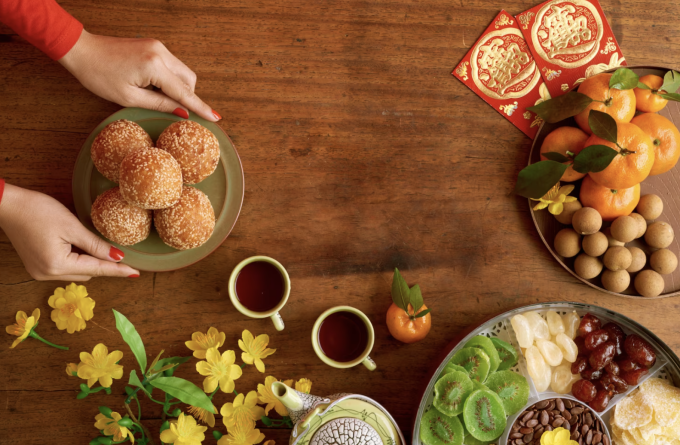
Unscientific eating and drinking during Tet holiday leads to overload and digestive disorders. Photo: Freepik
Skipping meals or eating in large quantities : Having fun and visiting can disrupt your daily eating habits. Skipping meals or eating in large quantities can easily cause stomach pain, reduce blood sugar levels, and affect metabolism. Eating in large quantities increases the burden on the digestive system, leading to indigestion and rapid weight gain.
Storing too much food : Improper food storage can cause food to spoil, making it easy to get sick when eaten. Food stored for a long time can easily lose nutrients, change flavor, and lose its deliciousness.
Eating out : Eating at restaurants during outings, especially raw dishes, may not be safe. Bacteria and parasites may be present in infected pork, chicken, duck, etc. For example, pigs may be infected with streptococcus or other dangerous diseases that cannot be detected by the naked eye.
Doctor Tung recommends that families should increase green vegetables and fruits (sources of vitamins, fiber, etc.) in each meal during Tet. You can eat more foods that are good for the digestive system such as yogurt and papaya. Make sure to balance the 4 groups of substances (protein, carbohydrates, fat, vitamins and minerals). You should limit fried and greasy dishes, prioritize boiled, steamed or salad dishes. In each meal, you should not eat too much, do not eat one dish continuously (such as banh chung, braised pork).
Everyone should choose foods that contain few preservatives, and eat them as they cook. Pickles and processed foods that contain a lot of salt are not recommended. Be careful and do not eat raw food, especially blood pudding.
Each person should limit the use of alcohol, soft drinks, increase drinking filtered water, fresh fruit juice with less sugar. Nutritionists can advise each person to build a scientific diet, suitable for each need and health condition.
Kim Thanh
Source link



![[Photo] General Secretary To Lam begins official visit to Russia and attends the 80th Anniversary of Victory over Fascism](https://vphoto.vietnam.vn/thumb/1200x675/vietnam/resource/IMAGE/2025/5/8/5d2566d7f67d4a1e9b88bc677831ec9d)
![[Photo] Prime Minister Pham Minh Chinh meets with the Policy Advisory Council on Private Economic Development](https://vphoto.vietnam.vn/thumb/1200x675/vietnam/resource/IMAGE/2025/5/8/387da60b85cc489ab2aed8442fc3b14a)
![[Photo] National Assembly Chairman Tran Thanh Man chairs the meeting of the Subcommittee on Documents of the First National Assembly Party Congress](https://vphoto.vietnam.vn/thumb/1200x675/vietnam/resource/IMAGE/2025/5/8/72b19a73d94a4affab411fd8c87f4f8d)
![[Photo] President Luong Cuong presents the decision to appoint Deputy Head of the Office of the President](https://vphoto.vietnam.vn/thumb/1200x675/vietnam/resource/IMAGE/2025/5/8/501f8ee192f3476ab9f7579c57b423ad)
![[Photo] General Secretary concludes visit to Azerbaijan, departs for visit to Russian Federation](https://vphoto.vietnam.vn/thumb/1200x675/vietnam/resource/IMAGE/2025/5/8/7a135ad280314b66917ad278ce0e26fa)




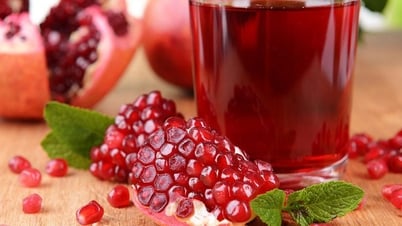








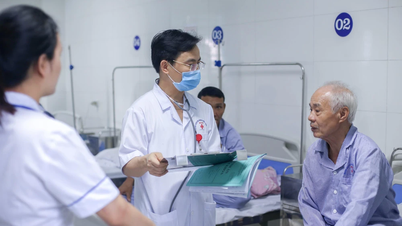
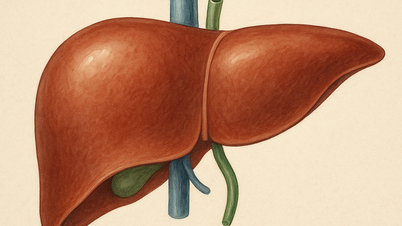
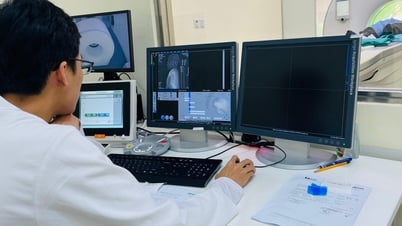











































![[Photo] Prime Minister Pham Minh Chinh talks on the phone with Singaporean Prime Minister Lawrence Wong](https://vphoto.vietnam.vn/thumb/402x226/vietnam/resource/IMAGE/2025/5/8/e2eab082d9bc4fc4a360b28fa0ab94de)


































Comment (0)